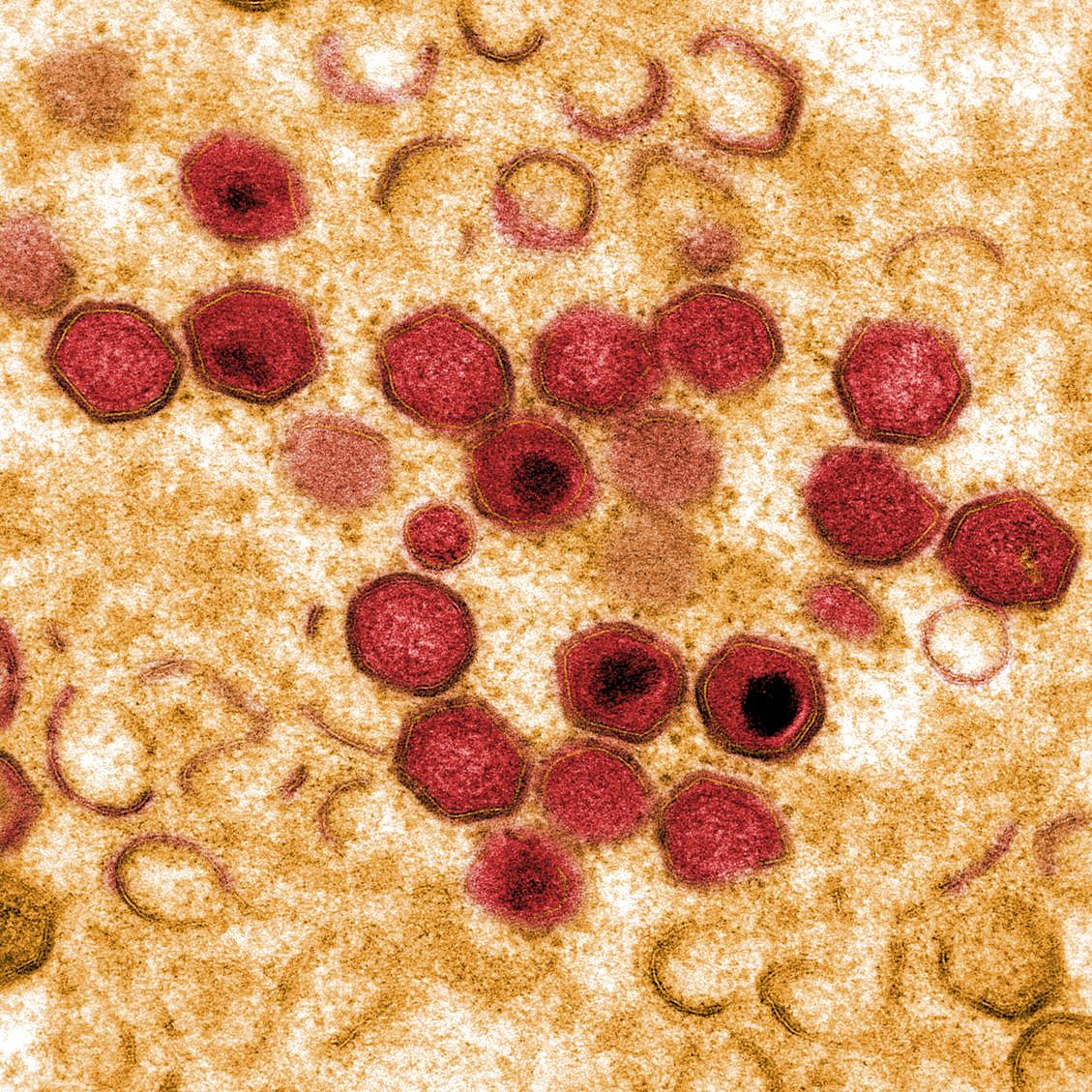Investigating the RelA Gene's role in African Swine fever tolerance: a study of Indian pigs
African Swine Fever (ASF) is a highly contagious transboundary viral disease affecting domestic pigs worldwide, often resulting in nearly 100 % mortality due to the lack of effective vaccines. However, wild species such as warthogs (Phacochoerus sp.) and bush pigs (Potamochoerus sp.) do not exhibit clinical symptoms of the disease, previous studies showed that amino acid substitutions in a proto-oncogene, RelA, a subunit of NF-κB found in warthogs might be responsible for their resistance. Expanding this study over an Indian breed named Doom which was considered tolerant due to lack of much information regarding their ASFV-positive cases and identifying the genetic basis of tolerance might help in creating a tolerant breed, thereby controlling the spread of the disease. So, this study was initiated to investigate the polymorphic signature in RelA gene of Doom breed similar to warthogs. Initially molecular docking studies identified a potential interaction between the N-terminal sub-domain of Rel homology domain of porcine RELA and the African Swine Fever Viral (ASFV) protein A238L, a hypothetical viral protein of unknown function. This amino acid interaction corresponds to a nucleotide sequence of exon 10 of porcine RelA gene. Further, ARMS-PCR (Amplification Refractory Mutation System-PCR) and PCR-RFLP (Restriction Fragment Length Polymorphism) were optimized to target a single nucleotide polymorphism (SNP, CCT/GCT: Pro→Ala) identified in the exon 10 region through Ensemble genome browser. PCR results showed the presence of homozygous CC genotype, coding for proline, in all pig breeds tested, including Doom. Sanger sequencing confirmed the CC genotype across all breeds, indicating that amino acid substitutions in this RELA domain were not present in Doom and therefore may not be responsible for ASF tolerance. Since disease tolerance is a polygenic trait relying on one gene might not reveal the exact cause for their tolerance against ASFV. Future research can be targeted on other set of genes playing important role in innate immune pathways or Genome Wide Association Study can be preferred to identify and associate SNPs with Doom's tolerance against ASFV.
